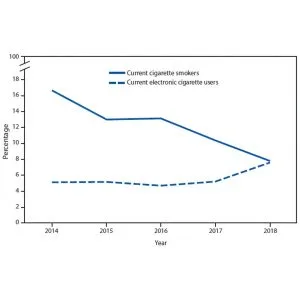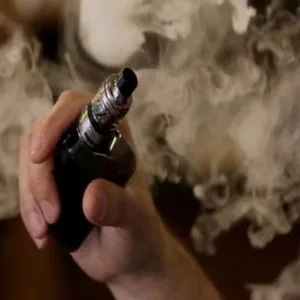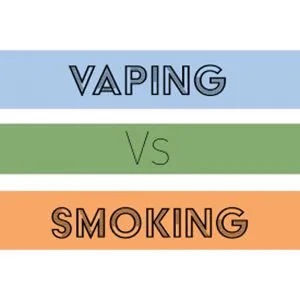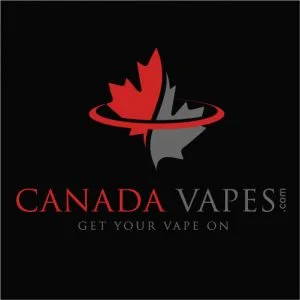B.C. Legislation proposed to hike taxes on Vaping products & limit nicotine levels to 20mg/ml
Health Minister Adrian Dix is planning to introduce new legislation this month that will increase the British Columbia sales tax from 7% to 20% on vaping products. ARTICLE BULLET POINTS: B.C. Legislation proposed to hike taxes on Vaping products & limit nicotine levels to 20mg/ml Raise taxes on vaping products from 7% to 20% Allow … Read more











